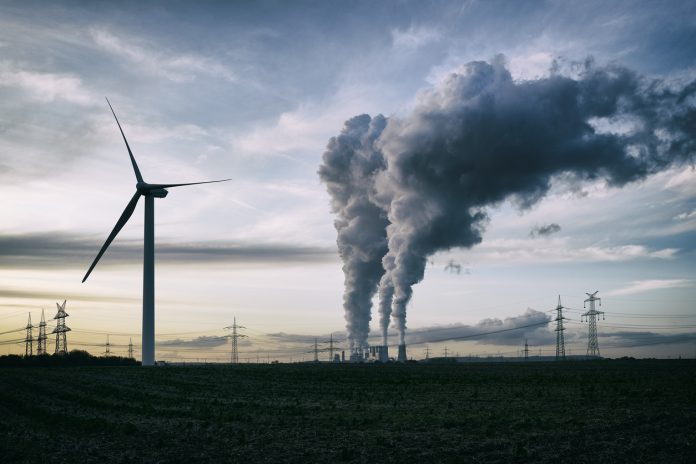The United Kingdom has said goodbye to its last coal-fired power station
The closure of the Ratcliffe-on-Soar plant in Nottinghamshire ends the 142-year era of coal-powered electricity generation in the country, Sky News has revealed.
Since its inception in 1882, coal has been a cornerstone of the UK’s energy production, powering homes and industries. As the nation battles climate change and aims for cleaner energy sources, the move away from coal has accelerated in recent years.
The last standing coal-fired power station
Ratcliffe-on-Soar, operated by Uniper, stood as the final coal-fired electricity following the closure of other plants in previous years. Despite its historical significance and capacity to power two million homes, the plant’s contribution to the country’s energy mix had dwindled to just 0.7%.
This milestone makes the UK the first among the G7 nations to completely exit coal-fired power generation. The void left by coal has swiftly been filled by a burgeoning mix of renewable alternatives, including solar and offshore wind. These green technologies have not only proven environmentally sustainable but also economically competitive, further driving the shift away from fossil fuels.
The closure of Ratcliffe-on-Soar is not just symbolic; it also shows the UK’s commitment to reducing carbon emissions and combating climate change. With coal accounting for less than 1% of the country’s electricity generation in recent years, the move to shutter the last plant signifies a significant step towards achieving net-zero emissions by 2050.
Shifting away from coal
The shift away from coal has implications beyond the energy sector. It reflects more general changes in UK manufacturing, where the closure link with the end of production at the nation’s largest virgin steelworks. These industries, once heavily reliant on coal, are now adapting to cleaner technologies to remain competitive on the global stage.
The decommissioning of Ratcliffe-on-Soar also shows a shift in energy security strategies. Once held in reserve to tackle potential generation challenges, coal-fired plants are now increasingly seen as outdated and incompatible with the UK’s climate goals.
While the closure affects 170 employees directly employed at the plant, the UK government has committed to supporting a just transition for affected workers, ensuring they have opportunities in the expanding renewable energy sector.
With targets set for renewable energy expansion and emissions reduction, the country aims to act as a global model for transitioning to a sustainable and resilient energy system.











